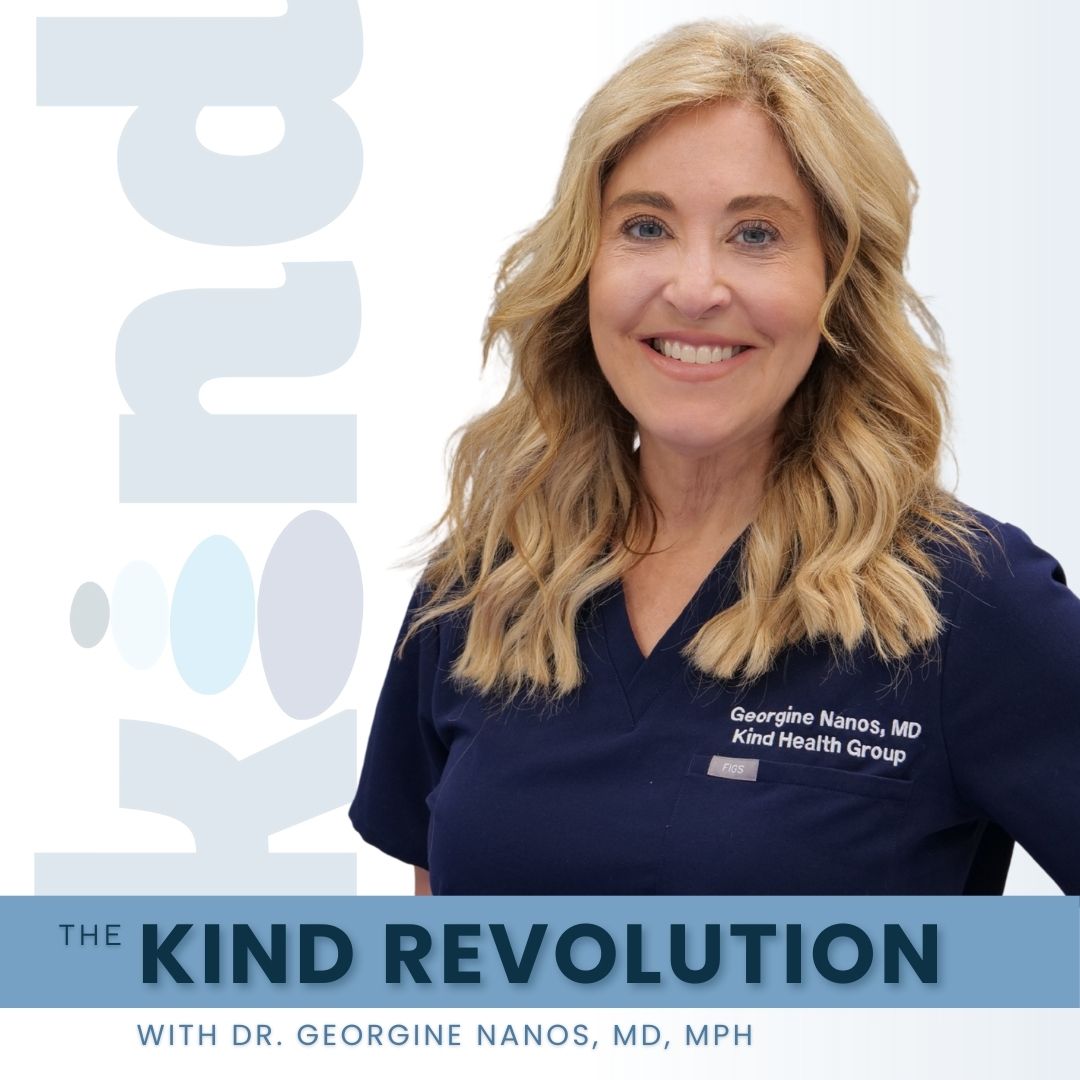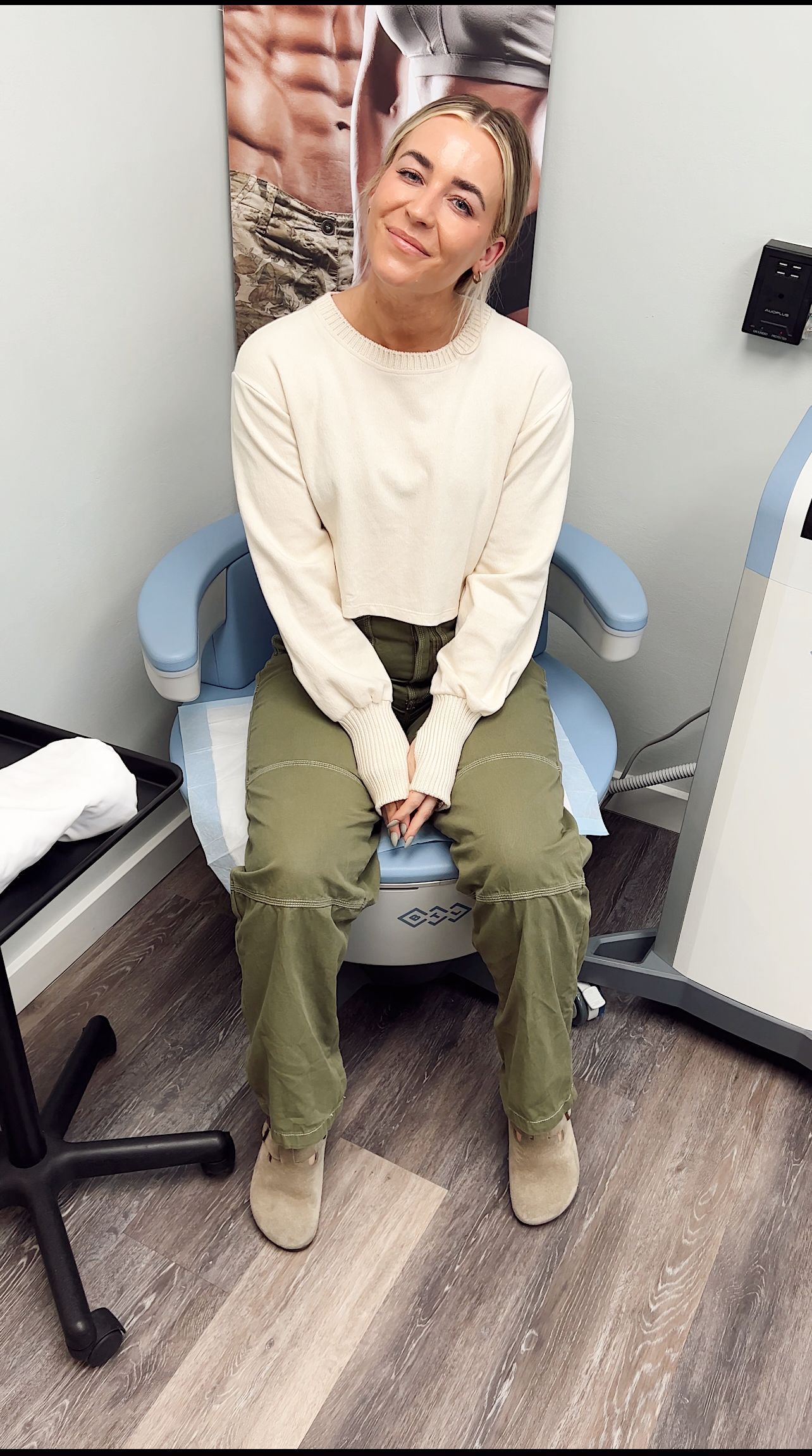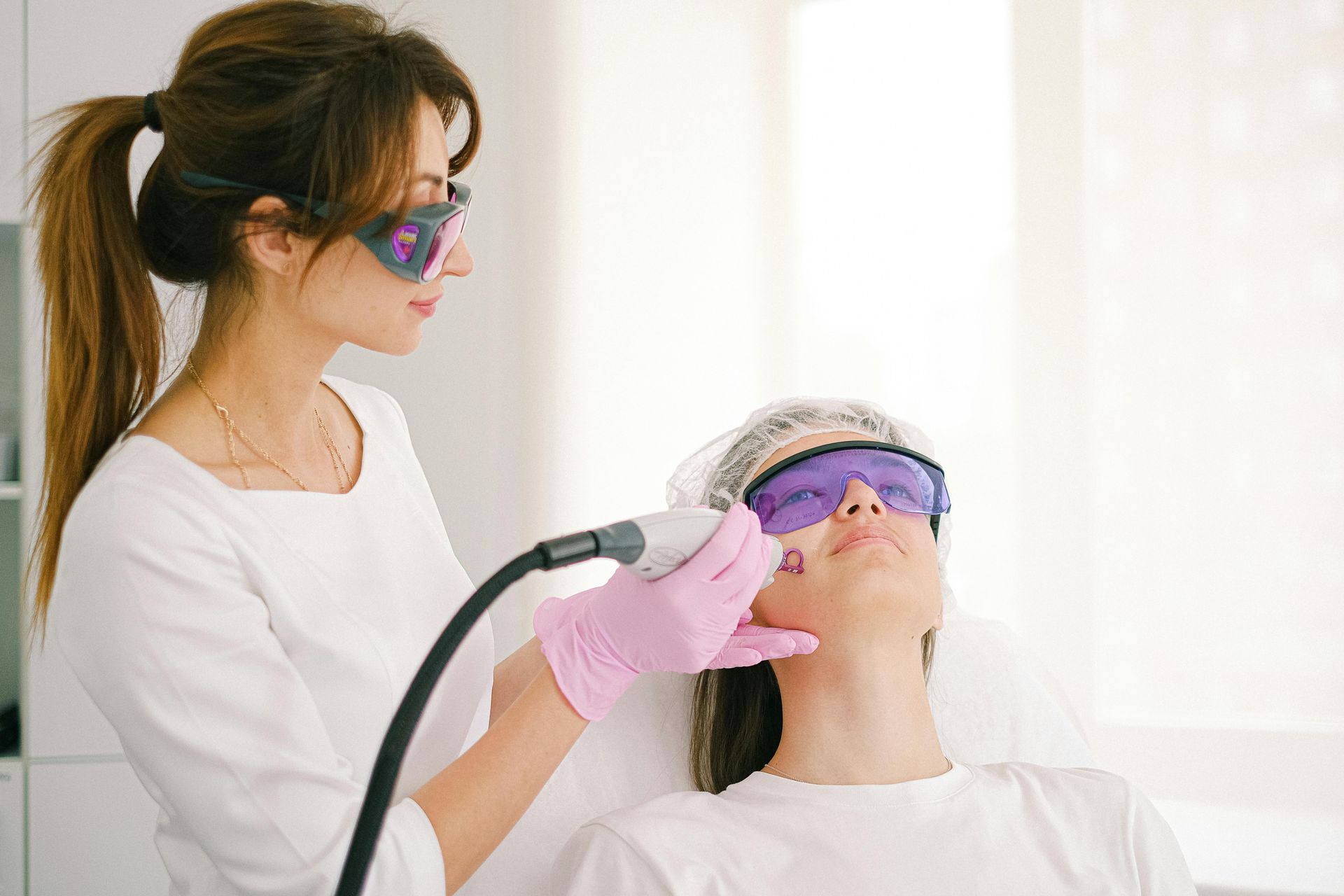Revanesse Versa: A Solution for Fine Lines and Plump Lips
November 14, 2023
Revanesse Versa: A Solution for Fine Lines and Plump Lips
In the quest for youthful and radiant skin, innovative medical advancements have brought us closer to achieving our aesthetic goals. Among these breakthroughs, Revanesse Versa stands out as a powerful solution for addressing fine lines and achieving luscious, plump lips. At Kind Health Group, we're excited to introduce you to the transformative potential of Revanesse Versa – the key to unlocking your natural beauty.
Time may be unstoppable, but it doesn't mean we have to surrender to its effects. The passage of time often leaves its mark in the form of fine lines and wrinkles, affecting our confidence and self-esteem. But fear not, for Revanesse Versa is here to restore and enhance your skin's youthful vitality.
Revanesse Versa is more than just a treatment; it's a rejuvenating experience. This remarkable dermal filler harnesses the power of hyaluronic acid, a substance that occurs naturally in our skin and is responsible for maintaining its moisture and suppleness. As we age, the levels of hyaluronic acid decrease, leading to the formation of fine lines and loss of volume. This is where Revanesse Versa steps in – to replenish and restore.
One of the standout features of Revanesse Versa is its versatility. Whether you're looking to smooth away those pesky crow's feet, erase forehead lines, or plump up your lips for a fuller pout, Revanesse Versa can be tailored to meet your specific needs. Our team of skilled professionals at Kind Health Group possesses a deep understanding of facial anatomy and aesthetics, ensuring that your results are not only breathtaking but also natural-looking.
When it comes to enhancing your lips, Revanesse Versa shines bright. Fuller lips have long been associated with youthfulness and sensuality. With Revanesse Versa, you can achieve the lip volume you desire while maintaining the elegance and grace of your features. The treatment is meticulously crafted to ensure that your lips appear naturally plump, accentuating your beauty in the most refined way.
Revanesse Versa doesn't just offer instantaneous results; it also promises a lasting transformation. The effects of this treatment can be enjoyed for months, reducing the need for frequent touch-up sessions. This durability means you can confidently face the world, knowing that your skin remains youthful and vibrant.
At Kind Health Group, we're not just focused on the treatment – we're dedicated to elevating your entire experience. From the moment you step into our clinic to the final reveal of your enhanced appearance, your comfort, safety, and satisfaction are our top priorities.
Are you ready to embark on your journey to youthful radiance? Don't hesitate to reach out to us and schedule your consultation. Revanesse Versa awaits to unveil your true beauty potential. Contact Kind Health Group today at 760-701-5463 or text us at 760-492-7986. Let's redefine your beauty, one line and one lip at a time.

Meet the Author
You might also enjoy:

Longevity medicine is a trillion-dollar industry—but what actually works? Dr. Georgine Nanos, board-certified physician with 20+ years of family medicine experience, separates wellness theater from real science in this honest conversation about supplements, detoxes, brain health, heart disease, GLP-1s, and the fundamentals that truly impact how long and how well you live.
In this episode:
⏱️ 0:00 - Introduction
⏱️ 3:17 - Why the wellness industry is exploding (and who's profiting)
⏱️ 5:30 - What actually works: The unsexy fundamentals
⏱️ 7:01 - "Wellness theater" explained—the illusion of health
⏱️ 8:47 - The truth about detoxes and cleanses (spoiler: your liver already does this)
⏱️ 11:57 - Supplement dangers: Why "natural" doesn't mean safe
⏱️ 13:58 - PSA: Tell your doctor what supplements you're taking
⏱️ 15:53 - Brain health and longevity: The stress-aging connection
⏱️ 19:49 - Heart disease: The #1 killer no one talks about
⏱️ 22:17 - GLP-1 medications: Why they're revolutionary
⏱️ 27:18 - VO2 max and Zone 2 training: Simple cardio that extends life
⏱️ 31:19 - Why patients distrust doctors (and it's not the doctors' fault)
⏱️ 35:55 - Red flags: Spotting fake "experts" online
⏱️ 38:55 - Where to start in 2026 without burning out
📍 Kind Health Group is a San Diego-based integrative primary care practice offering comprehensive wellness programs, advanced cardiac testing, brain health services
🔗 CONNECT WITH US:
Website: kindhealthgroup.com
Instagram: @kindhealthgroup
Gallery Test (cancer screening)
Prenuvo MRI
InBody scans
Zone 2 training research
GLP-1 medications (Ozempic, Wegovy, etc.)
💬 If this episode helped you feel more grounded about your health, share it with someone who needs that reminder.
This is The Kind Revolution Podcast—subscribe for more conversations about brain health, longevity, and transforming how we think about healthcare.







